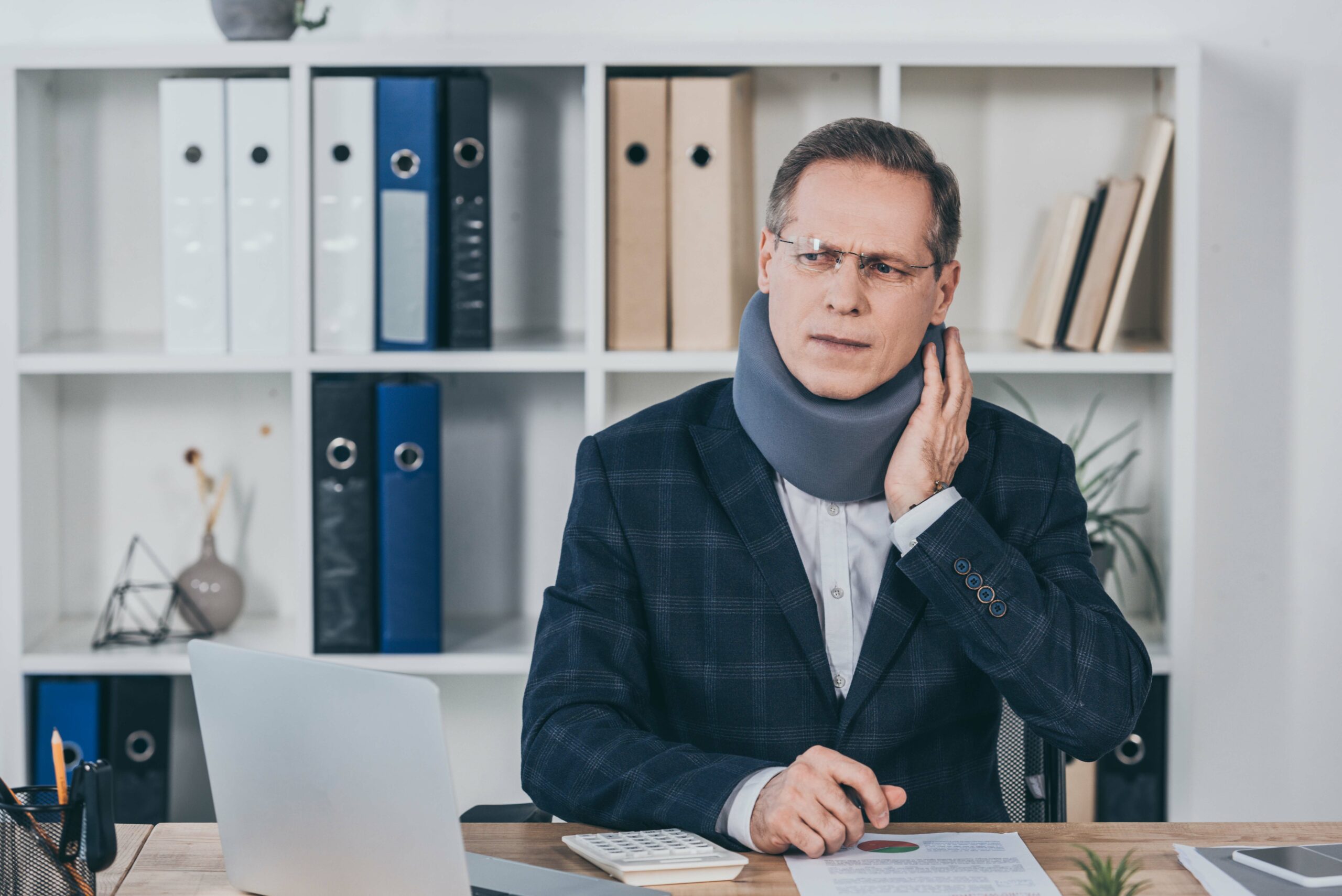Depending on its severity, sustaining a personal injury can be a life-altering physical and financial experience. If the injury results from another person’s negligence or deliberate actions, you have the right to be compensated for your losses through a personal injury settlement.
However, assessing a personal injury settlement is complicated depending on several factors that affect the final compensation amount. Whether you seek compensation for an accident involving a vehicle, slip and fall, or any other personal injury claim, understanding these factors helps you receive the most favorable outcome for your case.
Here are the top 10 factors that determine the value of a personal injury settlement:
- Severity of injuries: The severity of your injuries plays a major role in deciding the value of your bodily injury claim. Naturally, minor injuries will result in a smaller compensation than more serious injuries. The insurance company, or judge if the claim goes to court, will look into the permanence of your injuries, such as whether the injuries resulted in any disabilities, disfigurement, or scarring. A settlement amount involving a permanent personal injury will naturally be higher than a claim involving a minor injury.
- Medical documentation: Medical documentation is crucial to getting full compensation for personal injury claims. If you do not have medical treatment or documentation, it will be virtually impossible for you to make a personal injury claim. Before agreeing to any settlement offers you must assess the rough cost of treatment to ensure the deserved compensation is enough to cover your injuries and damages. It is highly recommended to complete all medical treatment before discussing the settlement of your injury claim.
- Lost wages: Personal injury victims often become unable to work and lose wages due to their injuries, which can result in financial strain. If they cannot return to work at their previous capacity, they should be compensated for their reduced income.
- Insurance policy limits: Insurance policy limits play another major factor that determines how much you will receive for your personal injury claim. Many times, a victim’s claim or case is worth more than the insurance limits because the at-fault driver has minimum coverage. For this very reason, you should protect yourself by having enough of your own insurance coverage to ensure that you are properly compensated for your injuries and damages. In Virginia, this is referred to as uninsured motorist coverage or underinsured motorist coverage (UM/UIM). You can check your limits for this type of insurance on the declaration page of your policy.
- Emotional and psychological trauma: Personal injury settlements also consider the victim’s emotional and psychological trauma. While you can not be compensated for pain and suffering without an physical injury, an experienced personal injury attorney can ensure that the impact the accident had on your life is properly detailed and communicated when negotiating the maximum compensation on your behalf.
- Witness statements: As with any other case, evidence is key. The more strong and credible evidence you have, the better your chances of receiving fair and full compensation. Having an eyewitness is key, especially when there is a liability dispute.
- Dealing with insurance companies: How you communicate with the insurance adjuster will directly impact the settlement you receive. We recommend contacting Huffman & Huffman Brothers-in-Law as soon as possible after the accident to avoid making any costly mistakes. You, as the victim, should be focusing on recovery and should not have to worry about dealing with insurance company and adjusters who do not have your best interests in mind.
- Jurisdiction: Where your attorney files your personal injury claim can impact the settlement amount. The general district courts in Virginia are appropriate for cases valued at $50,000 or less while the circuit courts have no limit on your potential compensation.
- Contributory Negligence: Virginia is one of the few states with a strict contributory negligence rule. If the victim contributed to the accident even in the slightest, you may lose your ability to be compensated for your injuries and other damages. The contributory negligence rule in Virginia is one of the biggest reasons NOT to speak with or give a recorded statement to an insurance company before consulting with a personal injury attorney.
- Property damage: In Virginia, property damage claims and personal injury claims are separate. Typically, the property damage claim is resolved early on. The time needed to resolve an injury claim may be lengthy and depend on the duration of your medical treatment. Though property damage and personal injury claims are handled separately, the severity of your property damage can come into play when valuing your personal injury claim. Insurance adjusters will sometimes review the property damage photos when reviewing the bodily injury claim. Larger impacts will typically create more damage to your vehicle, providing more evidence to support your personal injury case.
As you can see, the personal injury settlement is a complex process and there are many factors that go into determining the amount. Hiring, or at the very least consulting with an experienced attorney to guide and ensure you receive full and fair compensation is crucial.
At Huffman & Huffman Brothers-in-Law, we have been helping clients with their personal injury claims for over five decades. Our experienced legal team has the knowledge and expertise required to navigate the complex legal system and aid in getting you the compensation you deserve.
Don’t wait too long to file a personal injury claim, as the statute of limitations is frequently short, jeopardizing your rights. This is true whether you were hurt in a car accident, a slip and fall, dog bite, other accident caused by the negligence of another person. Contact us today to schedule a free case evaluation. You have nothing to lose by calling an attorney to learn your rights and options. Not calling could cost you thousands out of your own pocket.
 Text Us
Text Us  Call Us
Call Us 







